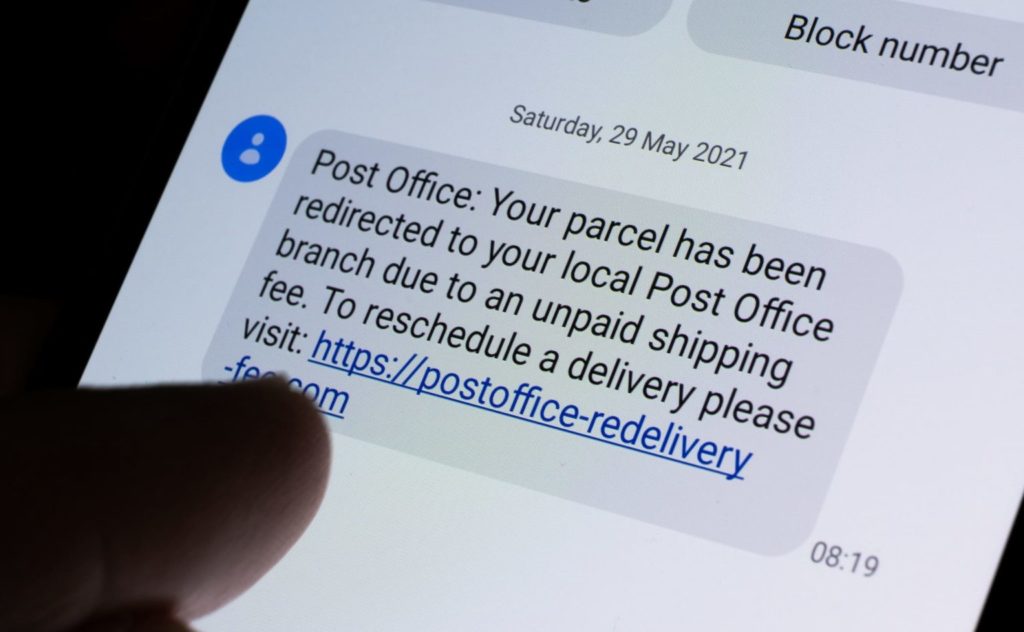1. Free voucher scams
With so many people looking for ways to save money, the ‘free voucher’ scam is one to watch out for. Social media websites are home to some of the most plausible including:
- Mitchells & Butlers’ Toby Carvery restaurant chain warned that fraudsters are using fake Facebook pages to encourage victims to enter their personal details to sign up for vouchers.1
- JD Wetherspoons, the pub chain closed down its social media accounts four years ago but it hasn’t stopped fraudsters from setting up false accounts offering free food vouchers in exchange for comments on posts and personal information.1
- Similarly, supermarket chain Morrisons does NOT offer free food and vouchers in exchange for likes or shares on Facebook posts despite frequent scam posts circulating on social media.1
2. Health related scams
It is estimated that £34.5m has been taken from people concerned about their health, especially during COVID.2
While some of these will be losing their potency as the COVID rules are being relaxed, the way that they have played and continue to play on the natural fears of victims show how they could be quickly adapted by fraudsters in the event of a COVID return or another pandemic.
Vaccine passports are available for free through the NHS app. Criminals are still targeting victims by selling fake vaccination passports.1
Coronavirus vaccine appointment scam texts and emails are still going out encouraging people to provide their bank details in order to book an appointment for their vaccine.1
Fake hand sanitiser – People have been targeted with fake adverts for cheaper Covid-related products such as hand sanitiser. Some items contained 37% of the highly toxic banned substance methanol. Others also did not even contain enough ethanol to be effective against COVID.1
3. Travel scams
As the world has started to get back to some form of reality, fraudsters are taking advantage of people booking flights and holidays. Airlines like Jet2 are warning customers to only contact them on their official email accounts because fraudsters are putting up false contact details which link customers to call centres where they are asked for personal information.1
Top tips to save you from the scammers
- If an offer sounds too good to be true, it probably is.
- Always log onto a website directly rather than by clicking on links in an email, and make sure the website is secure.
- Keep your wallet shut. Don’t hand over cash or sign anything until you are happy about the business with which you are dealing.
- Never send money to anyone you don’t know or trust.
- Protect your personal information. Never give banking or personal details to anyone you don’t know.
- Be password smart. Don’t pick your birthday or phone number and don’t use the same password for different sites and change them regularly.
Sources
- Frost, G. (2021) Ten financial scams to avoid. Available at https://www.thetimes.co.uk/money-mentor/article/ten-financial-scams/ (Accessed 25th April 2022)
- Simmons, D. & Quinton, M. (2021) Covid Fraud: £34.5m stolen in pandemic scams. Available at: https://www.bbc.co.uk/news/technology-56499886 (Accessed 25th April 2022)





